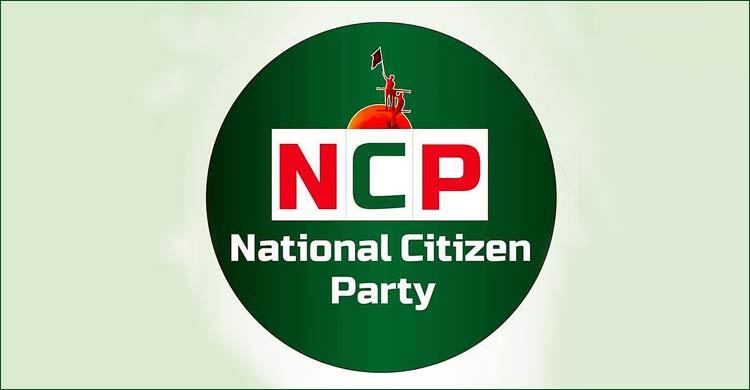Transparency International Bangladesh (TIB) has accused the National Citizen Party (NCP) of embracing a culture of irregularities and heading down a self-destructive path.
The organisation stated, “While the NCP was expected to emerge as a political force committed to good governance, anti-corruption, and public accountability as part of the new political arrangement, its actions in many areas have raised serious questions. The party is moving toward self-destruction by maintaining a culture of financial opacity, factionalism, illegal occupation, extortion, and irregularities.”
These remarks were made during a press conference held at the Midas Centre in Dhanmondi on Monday, where TIB presented its research report titled “One Year After the Fall of the Authoritarian Government: Expectations and Realities.”
TIB Executive Director Iftekharuzzaman said, “There has been no fundamental change in political culture. Extortion, illegal occupation, and dominance continue unchecked. No effective reforms have taken place within political parties.”
He added, “Mob violence during elections is creating concerns. Those who now see themselves as empowered believe they can do whatever they want. This is authoritarian behaviour. There are allegations that the king’s party was formed with government backing.”
Referring to the NCP, TIB noted that two government advisors are associated with the party. The formation of the NCP as a political party out of the anti-discrimination movement was a significant development, according to TIB.
Iftekharuzzaman warned that mutual distrust, suspicion, debates, and a lack of tolerance between the government and political parties regarding the election date, reforms, and the interim government’s tenure could hinder reforms and the electoral process.
He further stated, “Political parties remain rigid in their positions on elections, reforms, and trials for crimes against humanity. The student-led anti-discrimination movement is marred by political divisions, ideological battles, and power struggles.”
The research report observed, “Despite agreements among political parties over the July Charter, uncertainty remains about how the constitutional and legal implementation of agreed-upon reforms will proceed. As a result, hopes for reform may be dashed, and the risk of deepening political crisis persists.”


